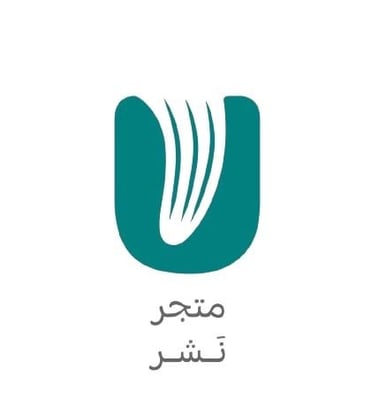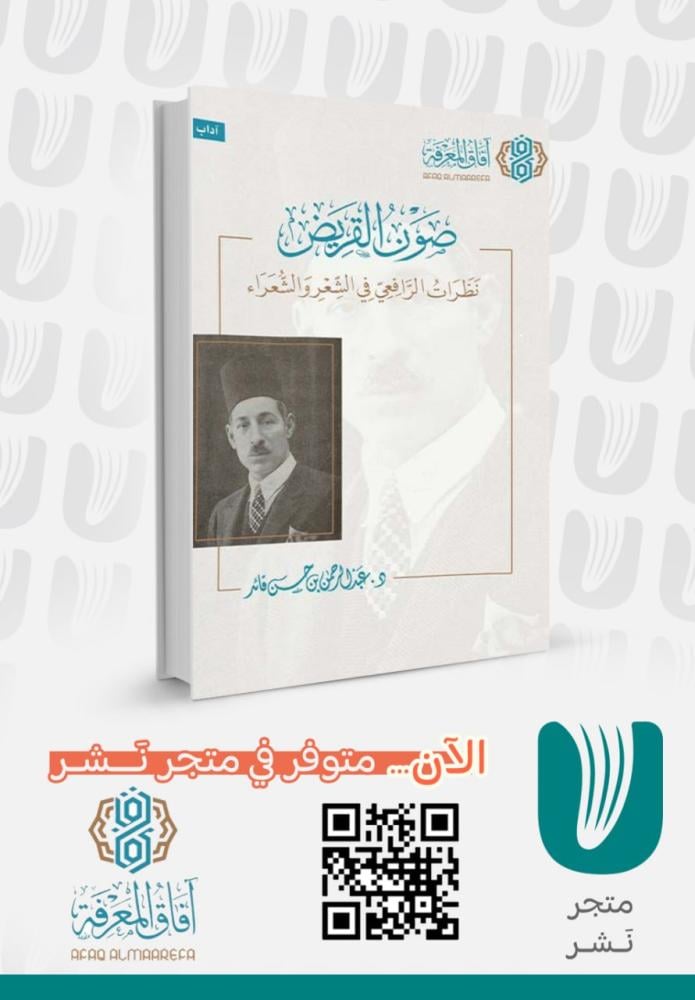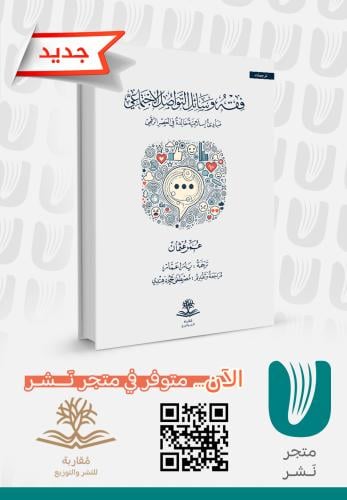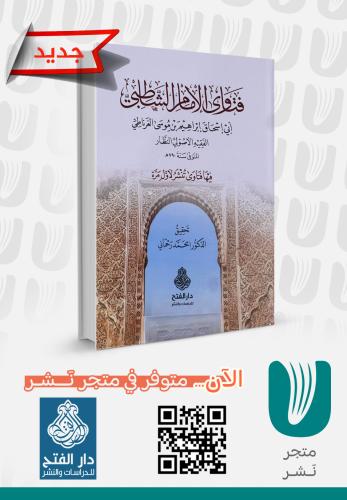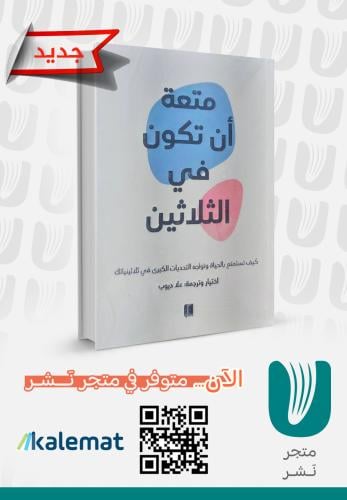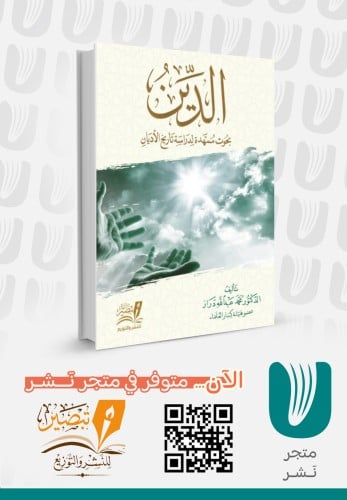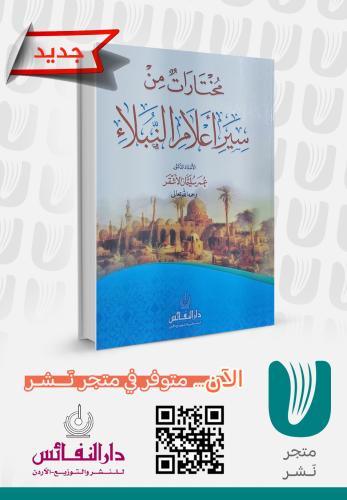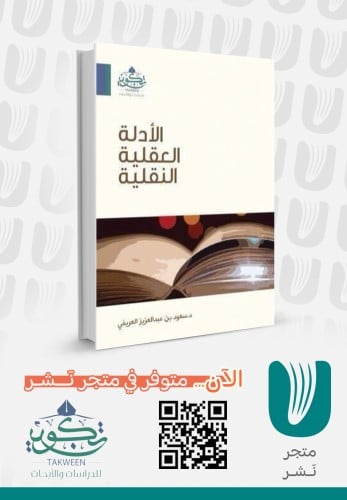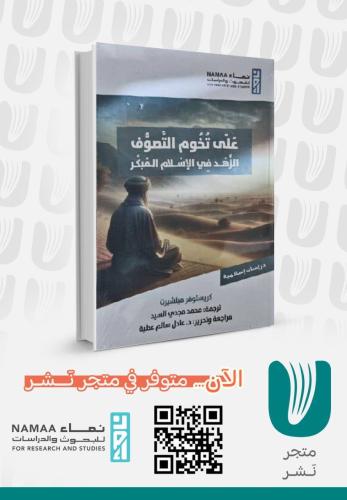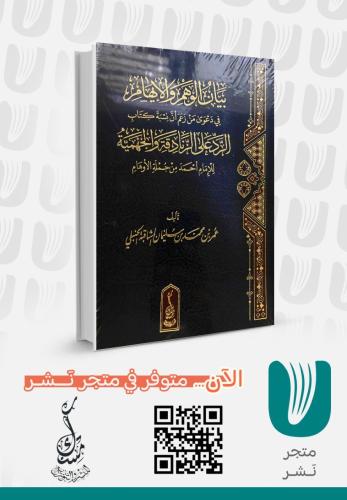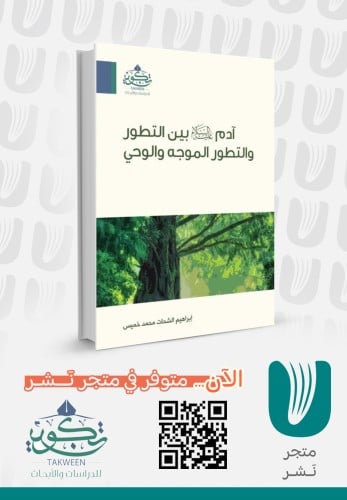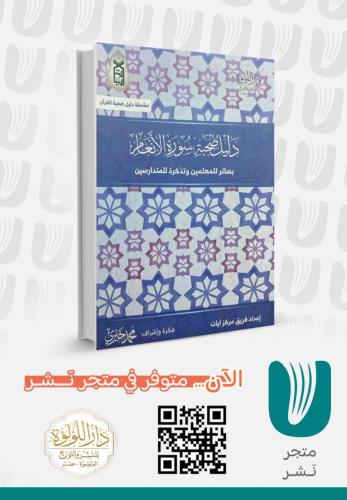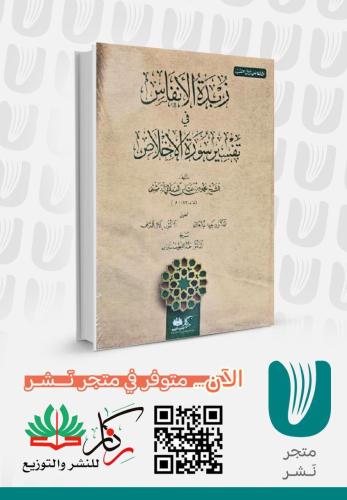Author name: Dr. Abdul Rahman bin Hassan Qaed Number of pages: 424 Book size: 17 x 24 Publishing House: Horizons of Knowledge Introduction and Indexes Al-Rafi’i dealt with poetry, and suffered from the pain of what he said, then he dealt with its criticism and philosophy, so he was insightful into it, aware of its conflicts, expert in distinguishing good from bad, and fascinated in revealing. He reveals his secrets and the infiltration of his fears, and sets up scales for the poets. He holds them accountable with the weights of melody, counts for them the lapses of the letter, the stumbles of the mind, and the failures of the rhymes, and he powerfully points out the places of their good deeds and the places of their mistakes, with a loud statement, a present argument, and a printed circumstance, and he begins to be gentle at times and brutal at others. This is derived from abundant knowledge of the rhetorical heritage, from extensive knowledge of poetry writing and criticism books, and from detailed knowledge of the history of Arabic literature in its various roles. It relies on a generous memory and amazing recall, and on a keen intelligence that notices hidden shortcomings, is guided to subtle thefts, and reads what hasty eyes cannot read. He tests insight into the spirit of poetry and what it should be, and fights with a sharp sword of talent and burning innate preparation. There is no doubt that his legacy in these chapters is a pleasure for the soul, nourishment for the mind, a polishing for the taste, and a protection for the intelligent person from slurred speech, poor thought, and confusion of opinion. In this book is a collection of Al-Rafi’i’s articles, the introductions to his collections, his collections, and his articles on preserving the oppressed and defending its pillar, as a philosophy of its truth, a study of some of his poets, and a criticism of what he did not follow in his own way. I collected them from his published books, which are the fewest, and from what he left of a legacy, part of which is still folded in the book. The magazines and newspapers of his era, which is the most. Among the examples of vanished texts whose dead had been revived by writers and published for the first time in a book: the article “Arabic Poetry,” which is the first of Al-Rafi’i’s articles to come to us, which he published in “Al-Manar” magazine when he was twenty years old, and the article “The Balance between Abu Tammam, Al-Buhturi, and Al-Mutanabbi.” And the article “The Principality of Poetry,” and articles criticizing “The Omariyya Poem” by Hafez, and others.
